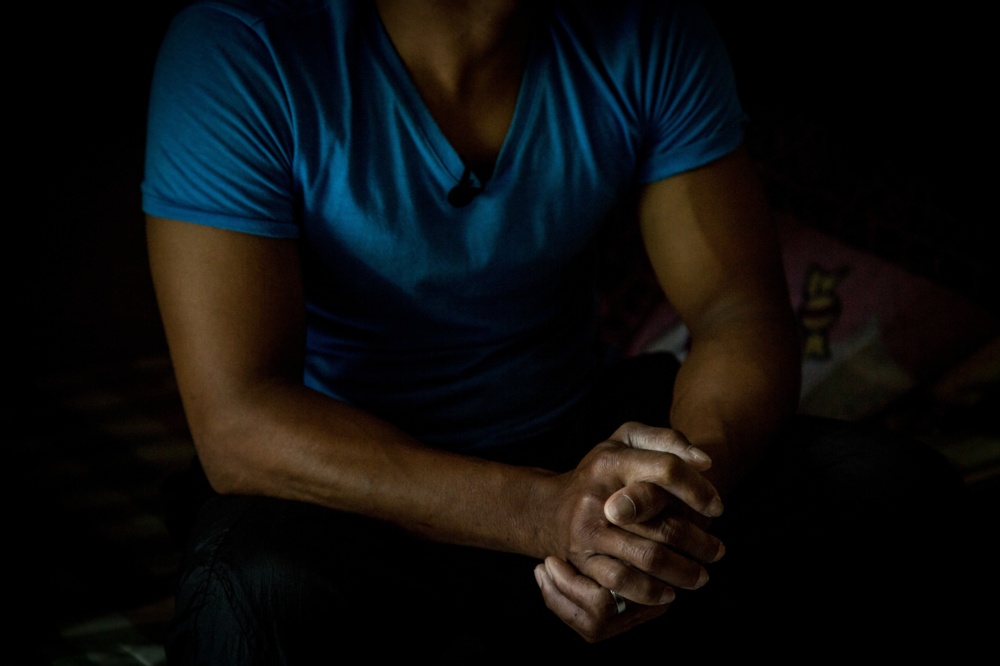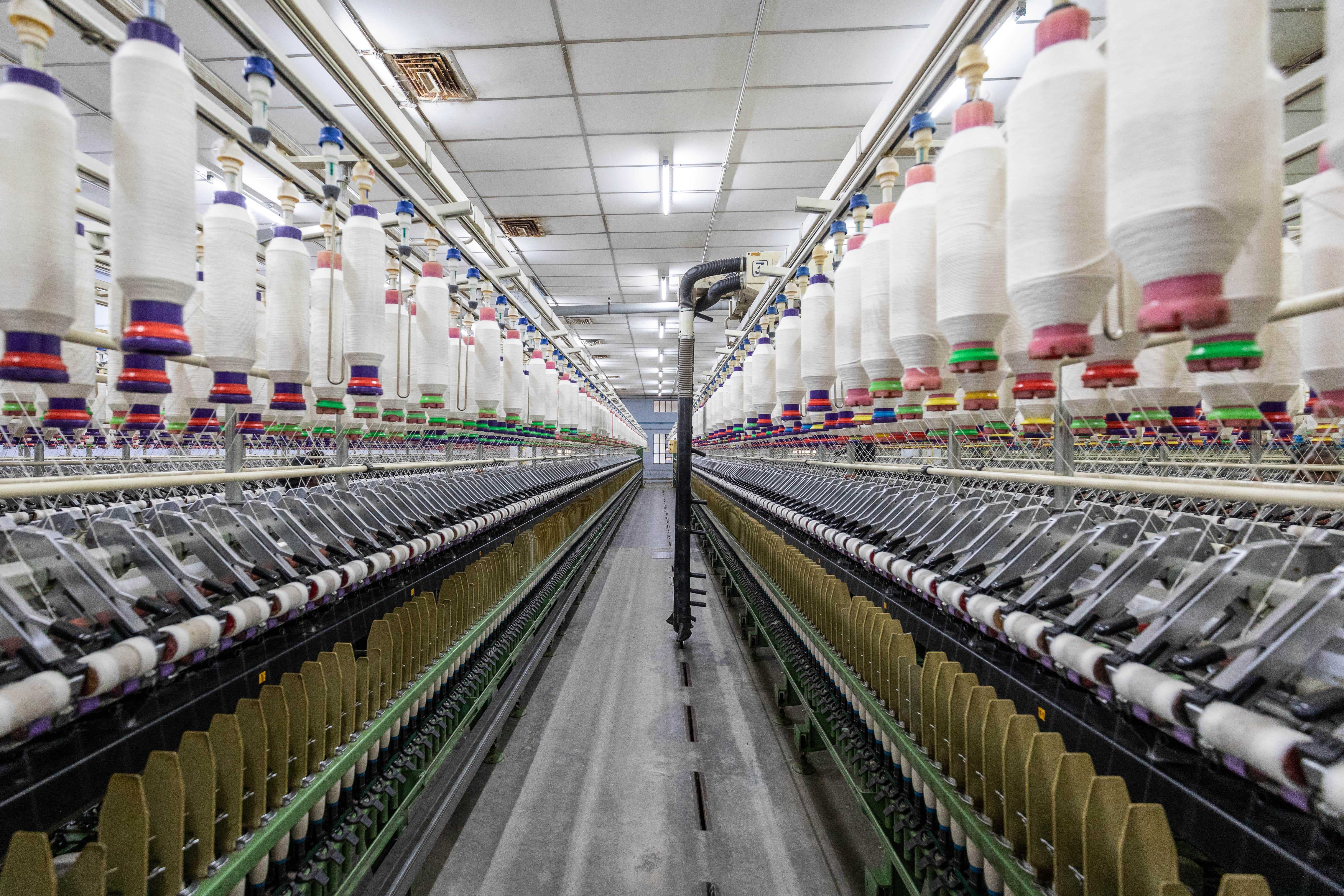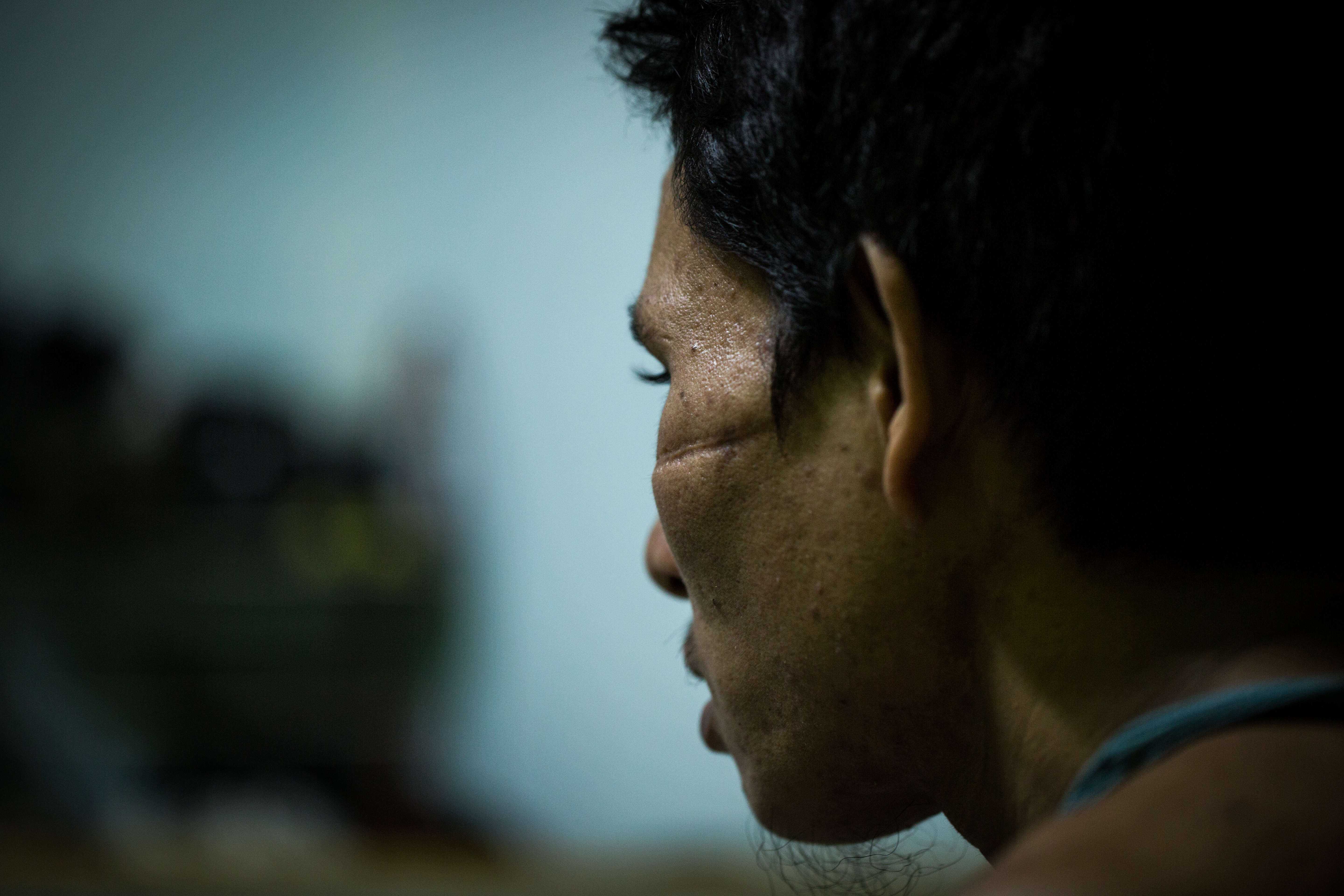
Who supports the EU supply chain law?
Add your voice to defend human rights and the environment here.
The EU supply chain law, the Corporate Sustainability Due Diligence Directive, would require companies to investigate environmental and human rights abuses in their supply chains. It would drive real progress for a fairer, more sustainable planet.
However, a last-minute blockade from Germany's FDP party puts this essential legislation at risk. Ahead of a final decision, we have set up this tracker to showcase just how widespread the support for it is, and will update it as more comes in. The following people and groups are among those who back it.
If many of these statements look similar to you, it's because they are. The recognition of the need for this legislation now is overwhelming. It's time to break the deadlock.
Businesses and industry groups
- Leading German businesses, including ALDI SÜD, Bayer, Mars, Tchibo and KiK. They say that "a Europe-wide regulation means that competitive advantages at the expense of people and the environment will finally be prevented. We are therefore deeply concerned that a German abstention is currently being considered."
- The Institutional Investors Group on Climate Change (IIGCC), the Principles for Responsible Investment (PRI), Eurosif - the European Sustainable Investment Forum, the Interfaith Center on Corporate Responsibility (ICCR) and the Investor Alliance for Human Rights (IAHR) have put out a joint statement to reiterate their support for the law, saying the directive, "is proportionate and workable in practice for companies in scope. It provides them with a clear and consistent sustainability due diligence framework across the EU which will support risk management and the long-term viability of the company."
- Nordic businesses including Storebrand, Orsted, Maersk, Alva, YLVA, and more, have called on their governments to support the CSDDD in the final stages of the legislative process. They state, "A mandatory human rights and environmental due diligence law that is applicable throughout the EU would serve as an international benchmark for advancing responsible business conduct. It would also create a level playing field across the EU to drive much needed action."
- The Cocoa Coalition consisting of companies such as Ferrero, The Hershey Company, Nestlé, as well as NGOs, certification organisations, and multi-stakeholder organisations, issued a letter to German Federal Chancellor Olaf Scholz. It states, "We reiterate the critical importance of approving the CSDDD as soon as possible and before the end of the current EU legislative term. Failure to do so would significantly undermine the establishment of a level playing field across the European Union, lead to a fragmentation of national approaches and result in a major setback to sustainability in global supply chains."
- Bundesverband der Deutschen Sportartikel-Industrie e.V., which has 150 members consisting of large companies, small and medium-sized enterprises, and associations from the textile, food, and travel industries, issued a letter to Federal Chancellor Olaf Scholz and the head of the Federal Chancellery Wolfgang Schmidt, saying the CSDDD, "enables the necessary protection of human rights and the natural foundations of life to take place in the interaction between states and companies. This is an important contribution to the future and competitiveness of European companies."
- amfori, a business association with 2,400+ members, put out a statement on their Linkedin, confirming their support for CSDDD and calling for EU policymakers to come to an agreement.
- AIM - European Brands Association, which represents 2,500 consumer brands, put out their position for the CSDDD, urging EU member states to support the law.
- Finnish Business and Society (FIBS), the largest corporate responsibility network in the Nordic countries with 450 organisations, has put out a statement of support, stating, "we believe that Finland should stand up for the directive actively, and try to find a suitable way to introduce the directive into our national legislation."
- The Responsible Business Alliance (RBA), consisting of 230 member companies and 6 million employees, support the directive. In a statement, they said, "from the onset, it was clear that most stakeholders, including businesses, agreed on the need for an EU-level playing field. Therefore, and to provide companies with the certainty they need to build long-term value, the RBA urges EU legislators to pass the law."
- The UN Global Compact, which has 24,000 member companies, reiterated their support for the CSDDD, stating, "Voluntary ambitious action, coupled with mandatory measures aligned with international guiding frameworks will drive corporate responsibility at this crucial time when collective action is needed more than ever."
European politicians
- Leading figures in the German government, including Foreign Minister Annalena Baerbock, who pointed out in February that "When we negotiate and agree on a directive at European level in close coordination between the Council of the EU, the European Parliament and the European Commission over the course of several months, then we have to stand by our word once agreement has been reached."
- Anna Cavazzini, MEP and Chair of the European Parliament Committee on Internal Market and Consumer Protection, said to German newspaper Der SPIEGEL, "The Chancellor must now make use of his directive authority when it comes to the supply chain law. It is not the only EU project that the FDP is blocking in Brussels." She has been vocal on this issue, emphasising the urgent need to combat forced labour with this supply chain law.
- Former FDP Human Rights Commissioner Markus Löning co-authored an opinion article with Dr. Melanie Müller of Stiftung Wissenschaft und Politik, which explained that the law would be in the political and economic interest of Germany and the rest of Europe. The article states that the CSDDD would strengthen the security of supply, give "the EU the opportunity to influence global standard setting on environmental and social issues," lead "to more cooperation with suppliers and partners," improve on the "patchwork of regulations" that has been slowing down German medium-sized businesses, and boost the "standardisation of risk management data and tools".
International leaders
- The UN. UN High Commissioner for Human Rights Volker Türk has said that "The adoption of the Corporate Sustainability Due Diligence Directive would show historic leadership by the EU at a time when global leadership in support of human rights is needed more than ever". Meanwhile, Michel Forst, Special Rapporteur on Environmental Defenders, points out that "As I have seen under my mandate, all too often multinational corporations avoid accountability for the acts of their business partners in third countries or take advantage of insufficient, half hearted due diligence. The difference that the Directive can make to those adversely affected by business activities is thus immeasurable."
- The Brussels offices of UNDP, UNEP, UNICEF and OHCHR have released an unprecedented joint statement supporting the CSDDD, saying, "Through the adoption of the EU Corporate Sustainability Due Diligence Directive, EU Member States and businesses can be this positive force in strengthening the protection of human rights and contributing to climate and environmental objectives."
- The Elders, represented by Chair Mary Robinson, giving the following comment: "Chancellor Scholz, your leadership is critical to securing legal protections for human rights and the environment in global value chains. The EU Corporate Sustainability Due Diligence Directive, due to be voted on this week, can improve lives and level the playing field for sustainable and resilient business in Europe and beyond. Please take this historic opportunity."
- Mary Lawlor, UN Special Rapporteur on Human Rights Defenders, has tweeted her support of CSDDD, saying she has written to Chancellor Scholz, "to express my concern at reports Germany may abstain on this Friday's EU vote on human rights rules for companies. I urge Germany's full support for the proposal, which has the potential to improve security of HRDs."
Civil society
- The European Coalition for Corporate Justice (ECCJ), a coalition of NGOs and unions. Signatories to a recent open letter to Chancellor Scholz included NGOs, 10 European trade union federations and 93 national trade union organisations. The statement includes the line that "the announced abstention on on the European directive would turn Germany from a pioneer into a laggard. Such a stance would violate Germany's international human rights obligations and would be at odds with the interests of workers in Europe and worldwide."
- 300+ human rights professionals, lawyers and academics, who note that "This Directive is a much needed and powerful tool to harmonise the current fragmented practices and level the playing field for respecting human rights and the environment... The legislator has gone to great lengths to ensure that the directive is both ambitious and achievable."
- Over 80% of EU citizens polled across 9 countries want strong laws to hold companies liable for overseas human rights and environmental violations, according to a YouGov poll.
- International Cooperation for Development and Solidarity, the Commission of the Bishops' Conferences of the European Community, and global Catholic networks, who have issued a statement that "Echoing the 2020 Catholic Bishops’ statement asking for mandatory human rights and environmental due diligence legislation, CIDSE and COMECE call now on the governments of EU Member States to urgently adopt the compromise text resulting from political trilogue negotiations last December."
- EJF has been campaigning in support of CSDDD, stating that to refuse to progress this widely supported legislation would be to knowingly fail both people and planet. Our CEO and Founder Steve Trent in a recent press comment said, "Protections for consumers, human rights and a sustainable planet for future generations are at stake."
It is clear that this law has the backing of society, businesses and consumers across the EU. However, time is not on our side, nor can we risk indefinite delays. We call on Chancellor Olaf Scholz to use his unique powers to end the FDP blockade, and on Member States to unite around this agreement as soon as possible.
SIGN UP FOR OUR EMAILS AND STAY UP TO DATE WITH EJF

